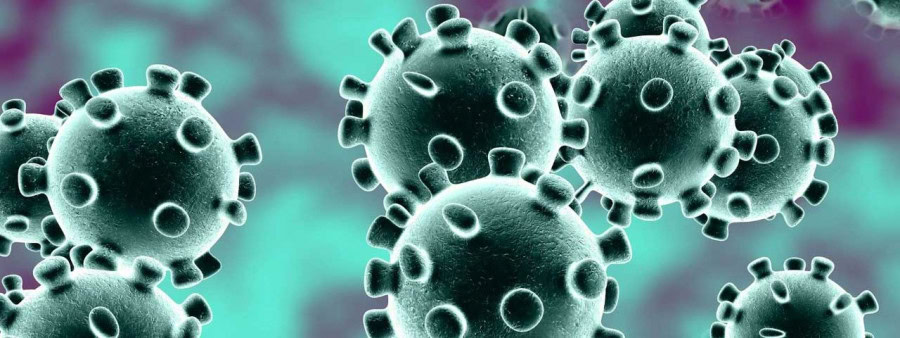New data from seven countries shows that, since the onset of the COVID-19 crisis, more women than men have left their paid jobs to provide essential services to their families, such as cleaning and home-schooling children. Tighter household budgets also mean that many are experiencing food hardship, while water and fuel are becoming increasingly unaffordable. Furthermore, medical and hygiene products remain unavailable to many, while supply-chain issues and misinformation about vaccines have left more women than men unvaccinated.
Two years into the COVID-19 pandemic women continue to pay a higher price, including in countries where the virus did not spread widely. A new report showcases that the crisis continues to affect women disproportionately in all seven countries where data was collected, namely Indonesia, Kiribati, Pakistan, Papua New Guinea, Samoa, Solomon Islands and Tonga. The report, titledTwo years on: The lingering gendered effects of the COVID-19 pandemic in Asia and the Pacific,was published today by UN Women and the Asian Development Bank, with the support from the Department of Foreign Affairs and Trade of the Government of Australia.
Findings highlight that COVID-19 vaccination rates differ between women and men in most countries. Across Pacific Island Countries, women have been overall less likely to receive the two doses, citing reasons such as fear of side effects and misinformation about risks associated with pregnancy and breastfeeding. In Indonesia, where vaccination rates are high, more women than men cited limited availability as the key reason holding them from receiving a full course. Across countries, reasons holding men from receiving their second dose mostly had to do with scheduling appointments, time constraints, or location of vaccination centres.
The crisis has also pushed more women out of the labour market, as many had to quit their jobs to tend to family responsibilities. The report notes that this may be contributing to widening gender gaps in poverty, as women have been more likely to lose their income, and were less likely to have one to begin with.
“We knew that domestic and care workloads had increased with the pandemic,” said Sarah Knibbs, Officer-in-Charge for UN Women Asia and the Pacific. “But this data shows that women, who were already carrying most of these burdens two years ago, have taken on the bulk of the increase as well. Very little redistribution of tasks seems to have taken place within households, and that has left many women vulnerable from an income and from an agency point of view.”
“The Rapid Gender Assessment data points to how economic resilience programmes that integrated gender-responsive designs and targets led to better development results for women and girls who were left the most vulnerable by the pandemic,” said Samantha Hung, Chief of Gender Equality Thematic Group at the Asian Development Bank. “Moving forward, the Asian Development Bank, along with its public and private-sector partners, must ensure that gender data is fully integrated into post-pandemic policies, from design to implementation and monitoring, in order to ensure that women and girls are front and centre of inclusive recovery across Asia and the Pacific.”
Job and income losses are also affecting people’s ability to access sufficient and nutritious food. Since the onset of the COVID-19 pandemic, food hardship has worsened in all countries. The new data shows that in Pakistan, Samoa, Solomon Islands and Tonga, women have suffered a greater deterioration in food security than men.
Across all seven countries studied, the pandemic has coincided with severe weather and other natural hazards. Cyclones, floods, droughts, landslides and other events are further straining the










